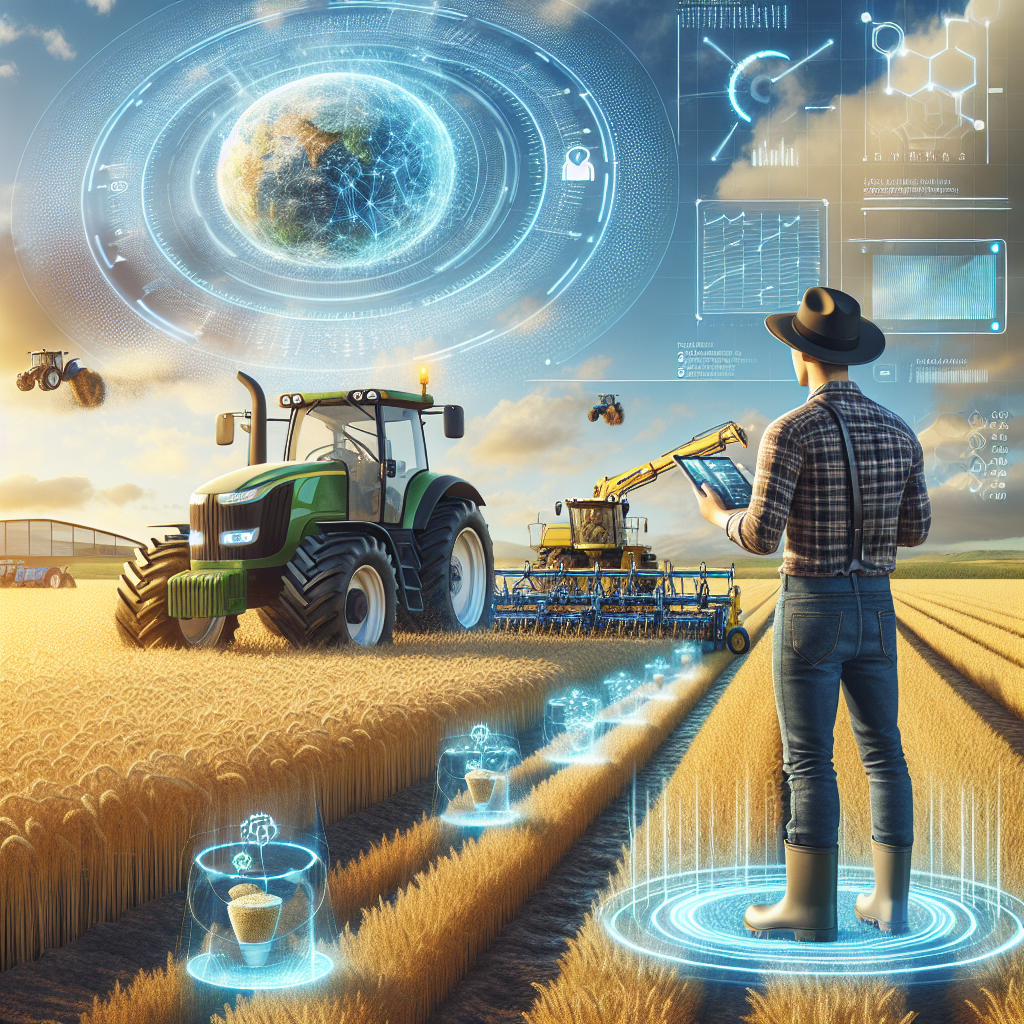AI: Friend or Foe to Our Environment?
Artificial Intelligence (AI) has the potential to revolutionize environmental conservation and efficiency but comes with significant environmental costs. While AI can optimize energy use, improve waste management, and aid in sustainable agriculture, it also consumes vast amounts of energy and water, and contributes to broader environmental harm.

Sydney University and Seyedali Mirjalili from Torrens University Australia highlight how artificial intelligence (AI) is transforming our lives. AI not only personalizes social media feeds and provides navigation but also promises solutions for climate change and other global environmental issues.
AI optimizes energy efficiency, enhances waste management, and aids in sustainable agriculture. For instance, Google's AI has reduced data center cooling energy by 40%. AI also improves urban infrastructure and air quality, exemplified by IBM's pollution tracking system.
However, this technology isn't without its drawbacks. AI's energy consumption is extensive, with AI models consuming significantly more energy than conventional systems. Water usage for cooling data centers and environmental impacts from AI hardware manufacturing are additional concerns. Solutions require a balanced approach and collaboration between researchers and the industry.
(With inputs from agencies.)
ALSO READ
Bitter Cold Snaps Signal Climate Change in North America
Stuart Calman Appointed New Zealand’s Climate Change Ambassador
Delhi's Road Revolution: A New Chapter in Urban Infrastructure
Green Pledge Turns Into Mass Movement to Combat Climate Change
Tamil Nadu at forefront of climate governance through TN Climate Change Mission: TN Finance Minister.










